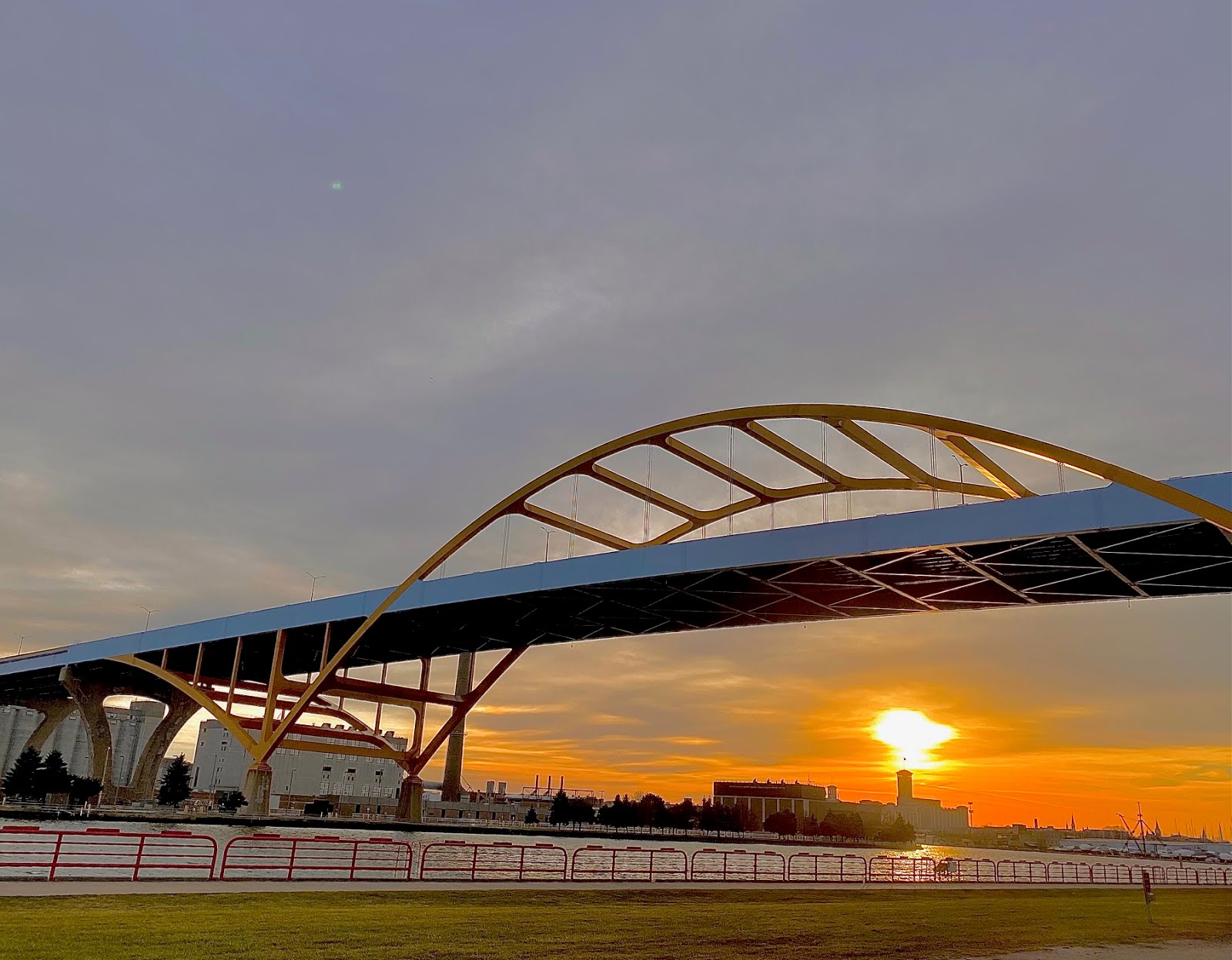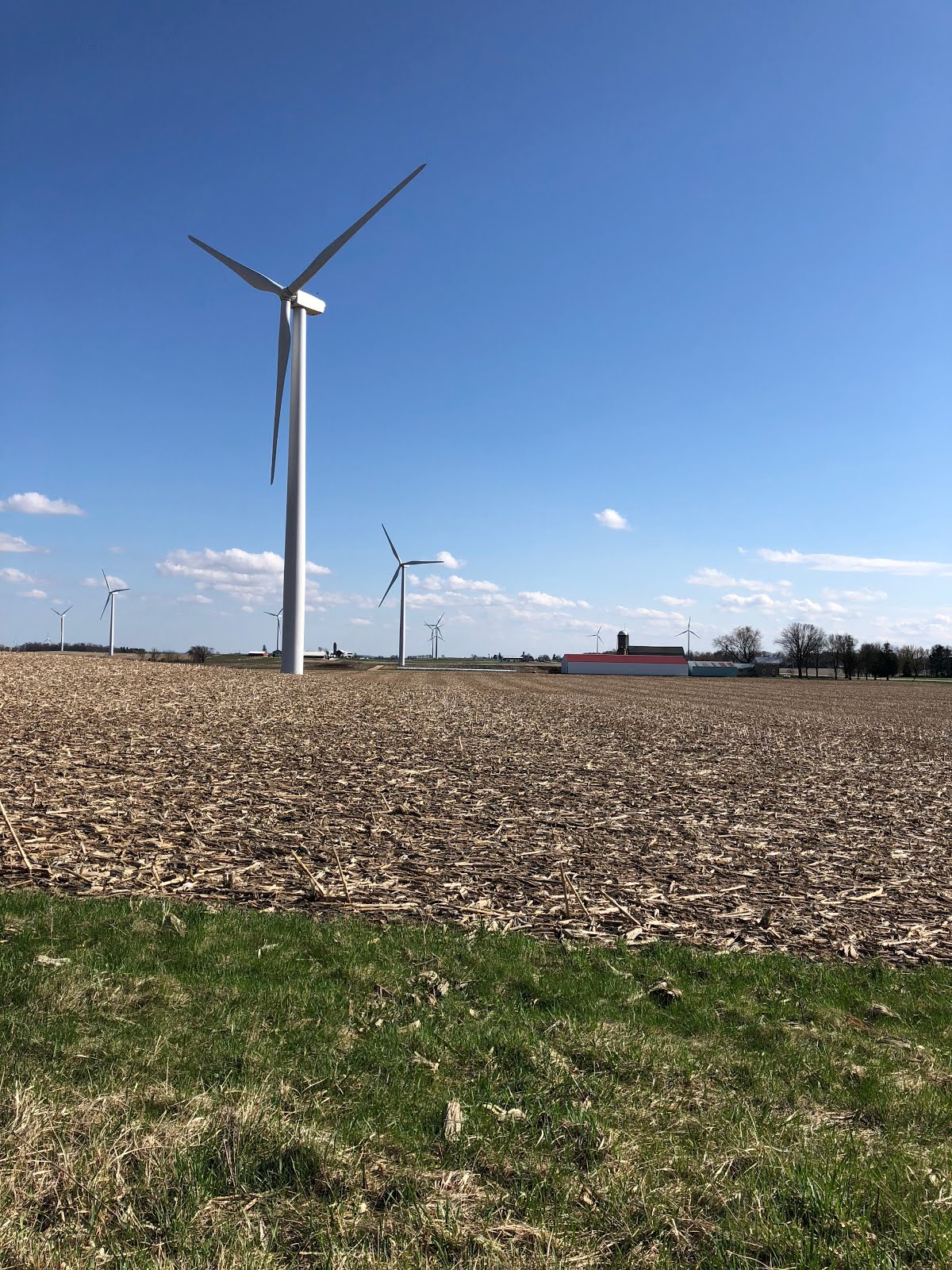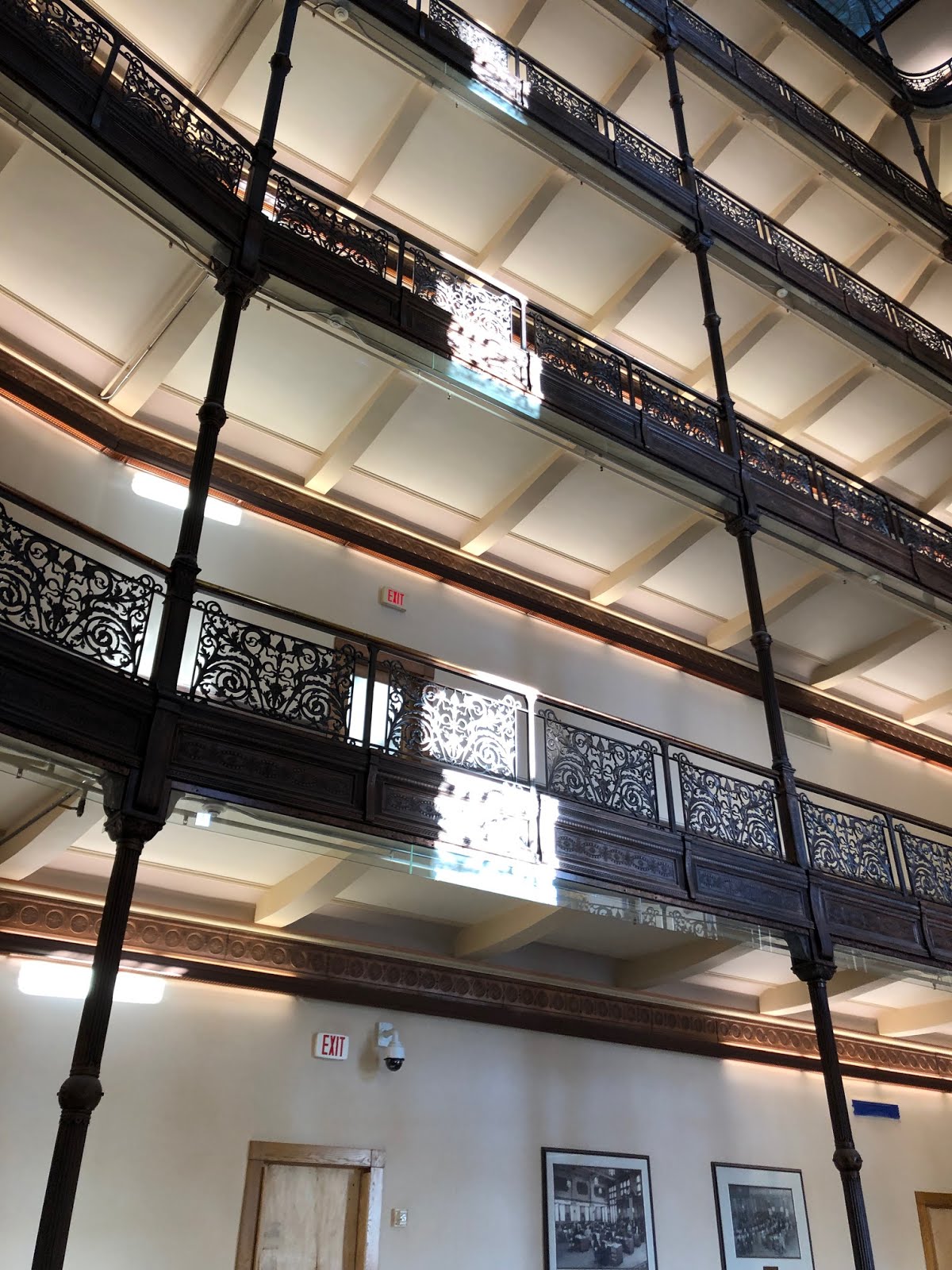Legislators Fail Bukosky Family, Public On OWI Reforms
We're edging closer to April 25th - - the one-year anniversary of the death in Waukesha County of a pregnant mother - Jennifer Bukosky - and her daughter, Courtney Bella, when their car was struck from behind by a fast-moving SUV driven by a repeat OWI offender out on post-conviction bail.
That driver was charged with impaired-driving homicide. made bail, violated its conditions, was re-arrested and was jailed again, awaiting trial on the vehicular homicide and bail offenses.
In the wake of the horrific crash, state legislators and other officials pledged to tighten up Wisconsin's relatively lax OWI statutes - - ours is the only state that treats a first offense as a non-criminal ticket, for example - - but even after a year of heightened consciousness, nothing legislatively has happened.
The ugly truth about the political process in and around the State Capitol is that lobbies representing various portions of the liquor, spirits, brewing, tavern, hospitality and alcoholic beverage distributing interests wield excessive power over a compliant legislature.
Not wanting to rock the boat, legislators and leaders argue the fine points among proposals, but no one has stepped out front on the issue - - not even after south side Milwaukee State Representative Josh Zepnick (D) urged action while disclosing that his sister had been killed by a drunk driver.
Not even after the Milwaukee Journal Sentinel produced a long series about drunken driving deaths county-by-county.
Still no leadership. Inertia is the order of the day on this issue.
I'm not sure what it will take to snap the state out of its stupor.
Maybe the tragic death of a true celebrity or a politician in an OWI tragedy - - who knows?
But if the death of a pregnant mom and her daughter doesn't do the trick, what will?









3 comments:
Having been involved in public policy for decades, your skill at rational appeals is clear.
Just once, though, I would like you to respond to Justice Brennan's objection to police roadblocks [as sobriety checkpoints that you advocate along with many] that "stop all cars and inspect all drivers for signs of intoxication without any individualized suspicion that a specific driver is intoxicated".
Brennan's dissent, joined by Justice Marshall, can be viewed at:
http://www.law.cornell.edu/supct/html/historics/USSC_CR_0496_0444_ZD.html
A long time coming for you to the jurisprudence and constitutional analysis of Justice Rehnquist.
I'd have to search everything I have written about this issue to see where I wrote about it.
Regardless, I think that under certain circumstancs, they are smart and legal, as the Court said in the decision you cite, which was 6-3.
I understand the search and seizure issues - - but is a speeed trap with radar any less invasive and constitutionally problematic? Or those ticket cameras?
I think these are legal because the state licenses drivers, so driving is a privilege and rules are laid down ti restrict one's freedom to drive.
If I were writing a list of changes into Wisconsin OWI law and enforcement practice, limited and targeted checkpoints would be far down my list.
Towards the top:
Making a first offense a misdemeanor, and a third a felony. Maybe even a second: I'm not sure.
I'd spend heavily on education and treatment, but I would remove repeat offenders much faster from the roads.
If you really want to have any idea of what is going on in OWI law, one should start by checking out the Center on Impaired Driving at the UW Law School. Not only does this Center have up to date information on Legislative information, it also has information on current case law.
First and foremost, the Wisconsin Circuit Court system, as well as the District Attorneys who prosecute offenders barely have the capacity to deal with the current case load. Many of the civil forfeiture level first offenses end up in municipal traffic courts which takes a great burden off the circuit courts. Additionally, the portions of forfeitures which are returned to the municipalities who write first offense tickets is no small drop in the budget for law enforcement.
Wisconsin is a drinking state, and societal change is the only thing that will truly reduce the problem. To use a terrible phrase, you can't swing a cat in most places in Wisconsin and not hit someone who has been caught drunk driving. It's unfortunate, but do you want all of those people to be labeled as criminals because of a drunk driving conviction? I'll agree that drunk driving is probably more dangerous than anything else out there except playing with a loaded gun, but again, a change in the penalties will not change the behavior. Just as the death penalty doesn't have a measurable deterrent effect, drunks don't (and more likely can't) think of those penalties when they put the keys in the ignition.
Some ideas: Bars serving one less drink, or taking keys from a drunk patron - until the patron becomes belligerent (which bar owners don't want in their bar). Or how about people around the drunk keeping him from his car? But again, that tends to provoke problems, and no bar owner wants repeat problems in their business, even if they are doing the right thing for the right reason, it loses business.
As far as road blocks go, I think it's a great and terrible idea. You are right, in regards to driving, in the state of Wisconsin, it is a privilege, not a right, so the legislature could make a statute allowing this. Would it be challenged in court? You bet. Is it a winner in court? That depends, but based on my understanding of Constitutional law, I have my doubts.
In the long run, I think the better answer to this would come from your local law enforcement chiefs and sheriffs. Law enforcement is spread thin, and there's little enough money for overtime and extras in a flush economy much less the current climate. Some places might have good luck if they have the staff to run special units. Some places are busy enough that their normal call volume puts them into overtime. If they had the option, it might never be used.
Oh and in Wisconsin, red-light cameras and photo radar are not allowed.
I apologize for posting anonymously, but I'm in Law Enforcement, and I don't need my in-box spammed.
Post a Comment